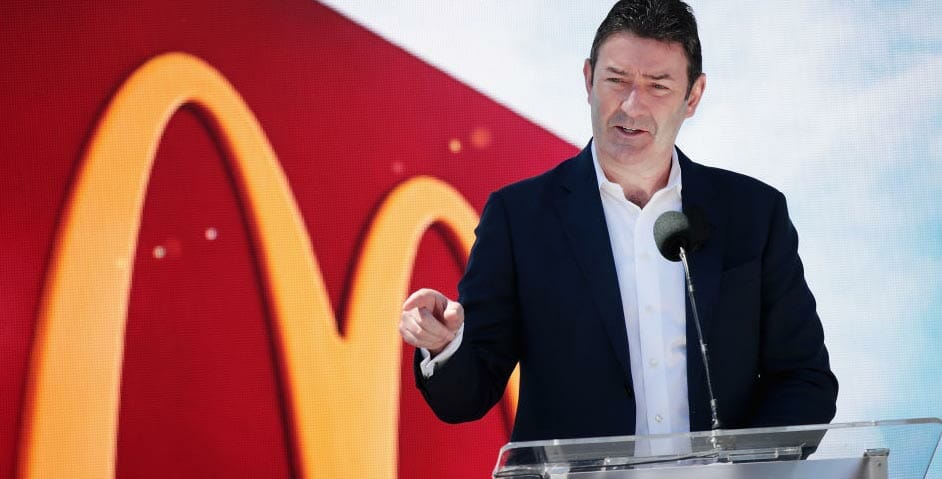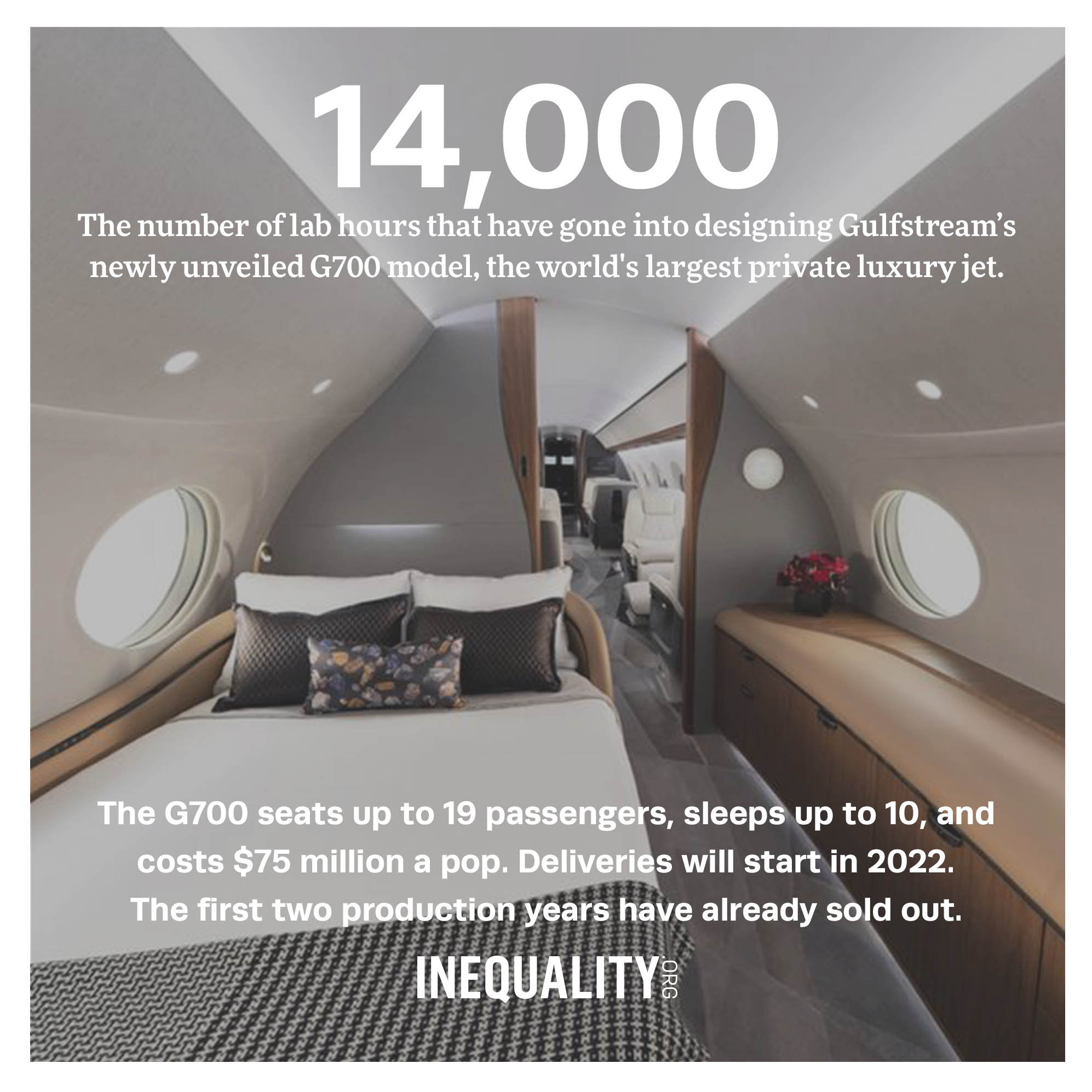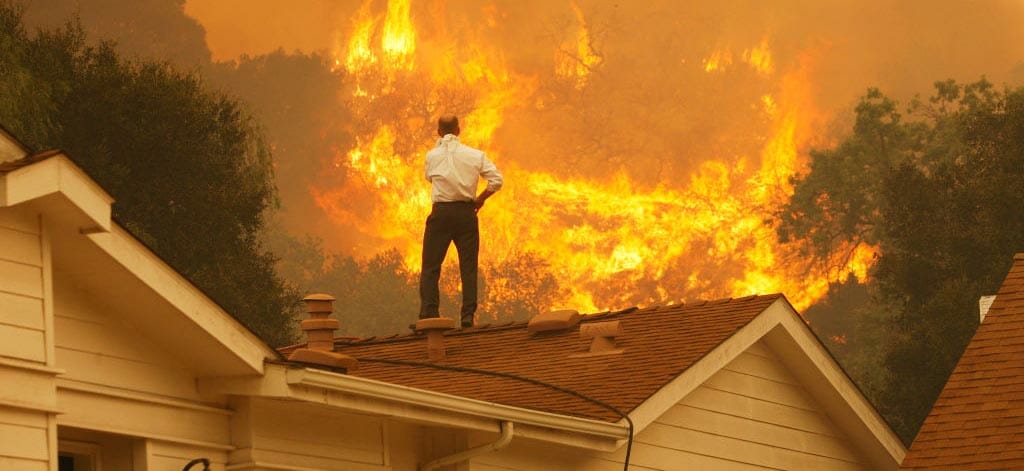We’ve got more this week on inequality’s corrosive role in public life.
|
THIS WEEK
|
|
If you’re in the United States, you probably don’t have to look far to see how inequality destroys our public services – and leads to violence. We’ve seen examples from coast to coast this week.
New York City made the choice to spend its resources criminalizing poor transit users for fare evasion instead of shoring up a rapidly deteriorating subway system. And we’ve watched as private utility companies in California plan power outages to stave off wildfires, after choosing shareholder profits instead of infrastructure maintenance.
We’ve got more this week on inequality’s corrosive role in public life.
Chuck Collins, for the Institute for Policy Studies Inequality.org team |
|
|
|
|
INEQUALITY BY THE NUMBERS
|
 |
|
|
|
|
|
|
FACES ON THE FRONTLINES
|
 |
Workers Stand Up Against Costs of Doing Business
|
| Indian trade unions have announced plans for a nationwide general strike in January 2020. They will be protesting Prime Minister Modi’s anti-worker agenda, including the reduction of employer contributions to pension funds and social insurance. The World Bank has encouraged India and many other developing countries to adopt such policies through the Bank’s annual Doing Business rankings, which give governments high marks if they weaken worker protections. India’s ranking may be going up, the trade unions note, but only at the expense of working people. Leo Baunach of the International Trade Union Confederation has more on the harmful impact of this rankings system. |
|
|
|
|
WORDS OF WISDOM
|
 |
|
|
|
|
|
PETULANT PLUTOCRAT
OF THE WEEK
|
 |
So Long, Says CEO, Been So Nice Exploiting You
|
| Stephen Easterbrook came in as the McDonald’s CEO four years ago with his executive guns blazing. The fast-food company needed, he pronounced, more “hard-edged accountability” because “our recent performance has been poor.” Since then, Easterbrook has become exceedingly not poor, pocketing what the Wall Street Journal estimates as about $85 million over three years. In 2018, the latest Institute for Policy Studies Executive Excess study points out, Easterbrook took home 2,124 times the $7,473 annual pay of the typical worker in Mickey D’s burger empire. Alas for Easterbrook, the gravy train has ended. The McDonald’s board of directors has just given the 52-year-old the heave-ho after finding him guilty of having a romantic relationship with one of his employees, a direct violation of company policy. In an email after the firing, Easterbrook said he agreed “that it is time for me to move on.” He gets to keep, of course, the $85 million. In corporate America, they call that “hard-edged accountability.” |
|
|
|
|
GREED AT A GLANCE
|
 |
|
|
|
|
|
|
TOO MUCH
|
 |
| Inequality’s Iron Law of Decaying Public Services |
| Fires are raging everywhere in California these days, and firefighters are having enormous trouble keeping up. Understaffed local fire departments simply don’t have the resources to handle act one of what climate change has in store for us. But California’s wealthy aren’t particularly worrying about that lack of resources — because they have more than enough of their own. They can afford to shell out up to $25,000 per day for one of the private firefighting services now popping up in California wherever the rich call home. None of this should surprise us. Public services almost always take it on the chin in societies where wealth starts concentrating furiously in fewer and fewer hands. Why? Inequality.org co-editor Sam Pizzigati, author of The Case for a Maximum Wage, has more. |
|
|
|
|
|
|
MUST READS
|
This week on Inequality.org
Jill Richardson, We Need Publicly Owned Utilities. California’s wildfires and blackouts show the dangers of entrusting our power to for-profit corporations.
Elsewhere on the Web
Gabriel Zucman and Emmanuel Saez, Wealth taxes often failed in Europe. They wouldn’t here, Washington Post. A compelling demolition of the case against a wealth tax.
Andrea Vittorio, Taxing CEO-Worker Pay Gap Catches on in San Francisco, Elsewhere, Bloomberg Law. The latest on proposals that levy tax penalties on firms that pay their top execs excessively more than their workers.
Roge Karma, A new book outlines how meritocracy imprisons us all, Vox. Why we need to organize our social and economic life so socially productive work becomes more equally rewarded.
Esther Duflo and Abhijit Banerjee, Economic Incentives Don’t Always Do What We Want Them To, New York Times. To create a healthy economy, note this year's Nobel laureates in economics, we don't need to enrich the already rich.
Amanda Taub, ‘Chile Woke Up’: Dictatorship’s Legacy of Inequality Triggers Mass Protests, New York Times. The very rich are not paying their fair share, and young Chileans have noticed. |
|
|
|
|
A FINAL FIGURE
|
 |
|
|
|
|
|
|